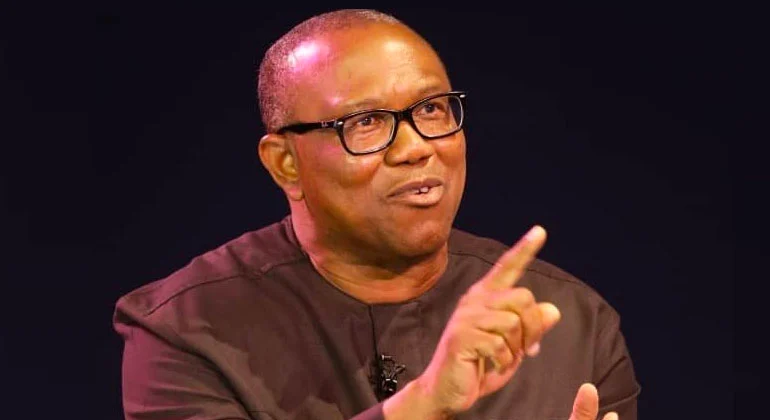Ahead of the 2023 general election, the presidential candidate of Labour Party, Mr Peter Obi, has promised the electorate of ensuring equal representation between the rich and the poor in the country if voted into office as the President.
Obi made this remark in a press statement from the Obi-Datti Media Office, on Sunday.
Read Also: Atiku Pledges To Tackle Insecurity, Revive Economy In Meeting With Northern Leaders
He highlighted the purpose of his visit to Queen’s College, Lagos where he spoke at the Old Girls’ Association programme commemorating the 95th anniversary of the institution.
Obi said;
My administration will ensure that citizens’ interests supersede political interests and the existing trust gap between the government and the governed; the poor and the rich will be reduced to the barest minimum.
The LP standard bearer added that female representations in his government will be assured recollecting that as governor of Anambra State, his administration achieved close to a 60-40 gender balance in appointive and elective positions while that of Federal Government was around 30 to 35 per cent.
He further disclosed that education is central to his policy thrust and said he would pursue a Marshall plan-type programme on education that incorporates compulsory technical and vocational skills, sports, entrepreneurship, programming, and digital skills from primary to the secondary level.
According to him;
Inevitably, we will improve access to finance, MSMEs, youths and women, to significantly reduce unemployment and insecurity.
We will introduce a mandatory ‘No Child left Behind’ educational policy, mindful that Nigeria’s inadequate investment in the social sectors including health, education, and housing which has resulted in the current dismal social and demographic trends reflected in low life expectancy, high maternal mortality rate, large number of out-of-school children, huge unmet housing needs as well as high youth unemployment.
Our government shall prioritise education to serve the following functions; technical and industry relevance aligning with local comparative advantages and factor endowments; modern skills proficiency, critical thinking, ethical citizenship values, global competitiveness, and talent export.

